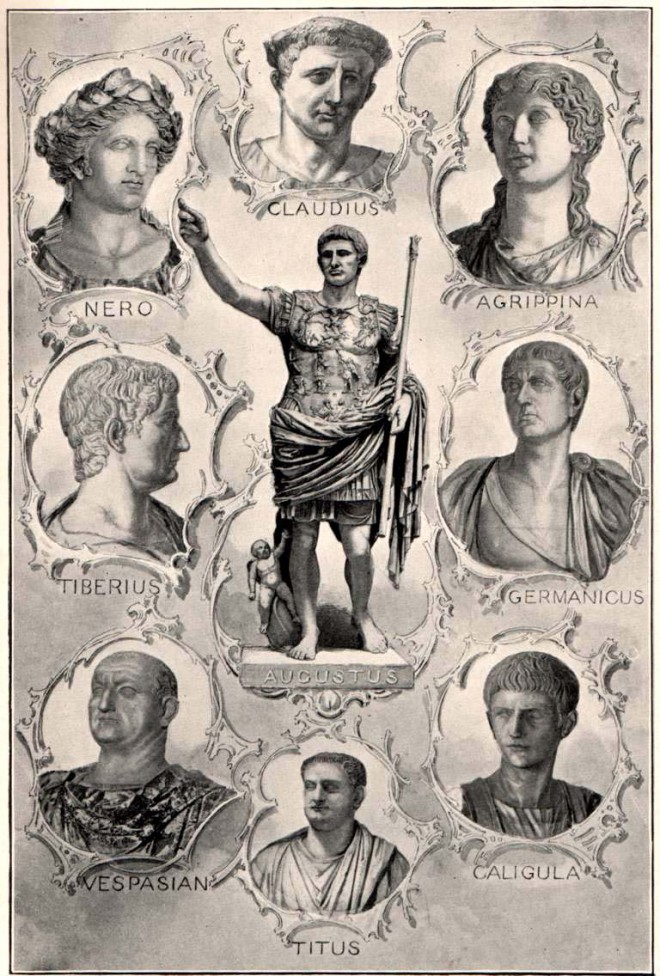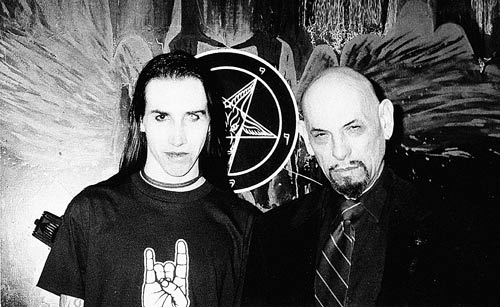By Plato – When the rich preserve their customs and maintain the law, this is called aristocracy, or  if they neglect the law, oligarchy. When an individual rules according to law, whether by the help of science or opinion, this is called monarchy, and when he has royal science he is called a king; but when he rules in spite of law, and is blind with ignorance and passion, he is called a tyrant.
if they neglect the law, oligarchy. When an individual rules according to law, whether by the help of science or opinion, this is called monarchy, and when he has royal science he is called a king; but when he rules in spite of law, and is blind with ignorance and passion, he is called a tyrant.
These forms of government exist, because men despair of the true king ever appearing among them; if he were to appear, they would joyfully hand over to him the reins of government. But, as there is no natural ruler of the hive, they meet together and make laws.
And do we wonder, when the foundations of politics are in the letter only, that many evils should arise ? Ought we not rather to admire the strength of the political bond? For cities have endured time out of mind, though many of them have shipwrecked, and some are like ships foundering, because their pilots are absolutely ignorant of the science which they profes.
Let us next ask, which of these untrue forms of government is the least bad, and which of them is the worst?
I said at the beginning, that each of the three forms of government, royalty, aristocracy, and democracy, might be divided into two, so that the whole number of them, including the best, will be seven. Under monarchy we have already distinguished royalty and tyranny; of oligarchy there were two kinds, aristocracy and plutocracy, and democracy may be divided on a similar principle, for there is a democracy which observes, and a democracy which neglects, the laws.
The government of one is the best and the worst; the government of a few is less bad and less good; the government of the many is the least bad and least good of them all, being the best of all lawless governments, and the least good of all lawful ones.
But the rulers of all these States, unless they have knowledge, are maintainers of idols, and themselves idols—wizards, and also Sophists; for the term “ Sophist ” is rightly transferred to them.
Source: The Dialogues of Plato: Gorgias. Philebus. Parmenides. theaetetus. Sophist … By Plato

Moe is the founder of GnosticWarrior.com. He is a father, husband, author, martial arts black belt, and an expert in Gnosticism, the occult, and esotericism.







